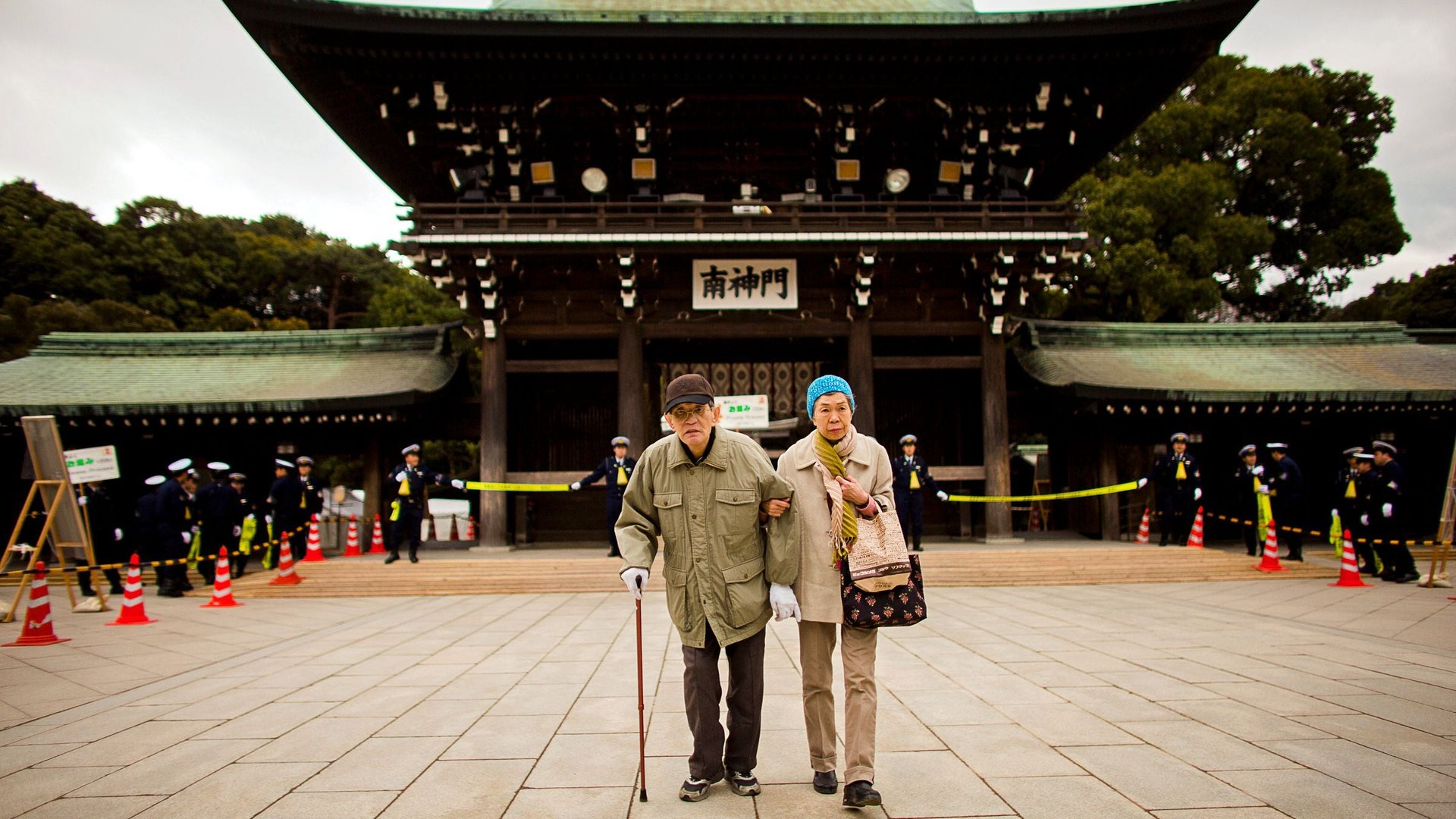Japan has so many 100-year-old citizens that it can’t afford to give them presents anymore
Japan’s government will no longer reward its centenarian citizens with a silver sake dish worth ¥8,000 ($64), saying the growing number of long-lived Japanese are putting a strain on the country’s budget.


Japan’s government will no longer reward its centenarian citizens with a silver sake dish worth ¥8,000 ($64), saying the growing number of long-lived Japanese are putting a strain on the country’s budget.
The Japan Times reports that the government will find a more frugal gift in time for the country’s annual celebration of the elderly on Sept. 15. Last year, the government spent ¥260 million ($2 million) on the program, which provided dishes for more than 29,000 centenarians. Japan expects as many as 38,000 more people to celebrate their 100th birthday in 2018.
Needless to say, Japan’s citizens have an extraordinary life expectancy:
But the longevity of their citizens has also led Japan to be described as a “demographic time bomb.” As the population ages, the birth rate has fallen, and more and more retired citizens are being supported by a shrinking working population. The dilemma has contributed to the country’s massive borrowing and seems to spell out a future with a much-shrunken population and economy.
Japan’s nationalist prime minister Shinzo Abe is fighting to revive economic expansion through a program of investment, monetary stimulus and structural reform, including encouraging businesses to attract more women to the workforce.
But one reform that he has mooted with almost no success is immigration—the cure that works to keep the US on the right side of the demographic curve as well as parts of Europe, but this is an idea that a country with a foreign-born population of just 2% is reluctant to embrace—despite the ticking time bomb.